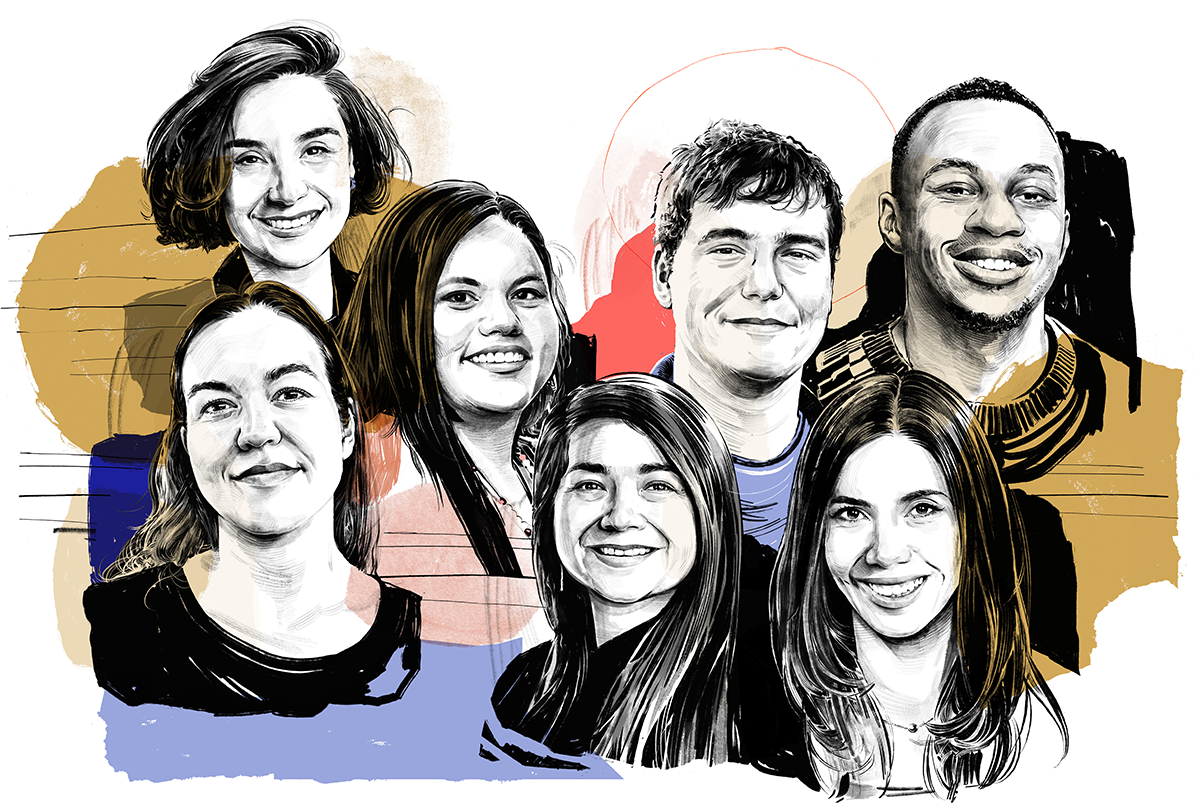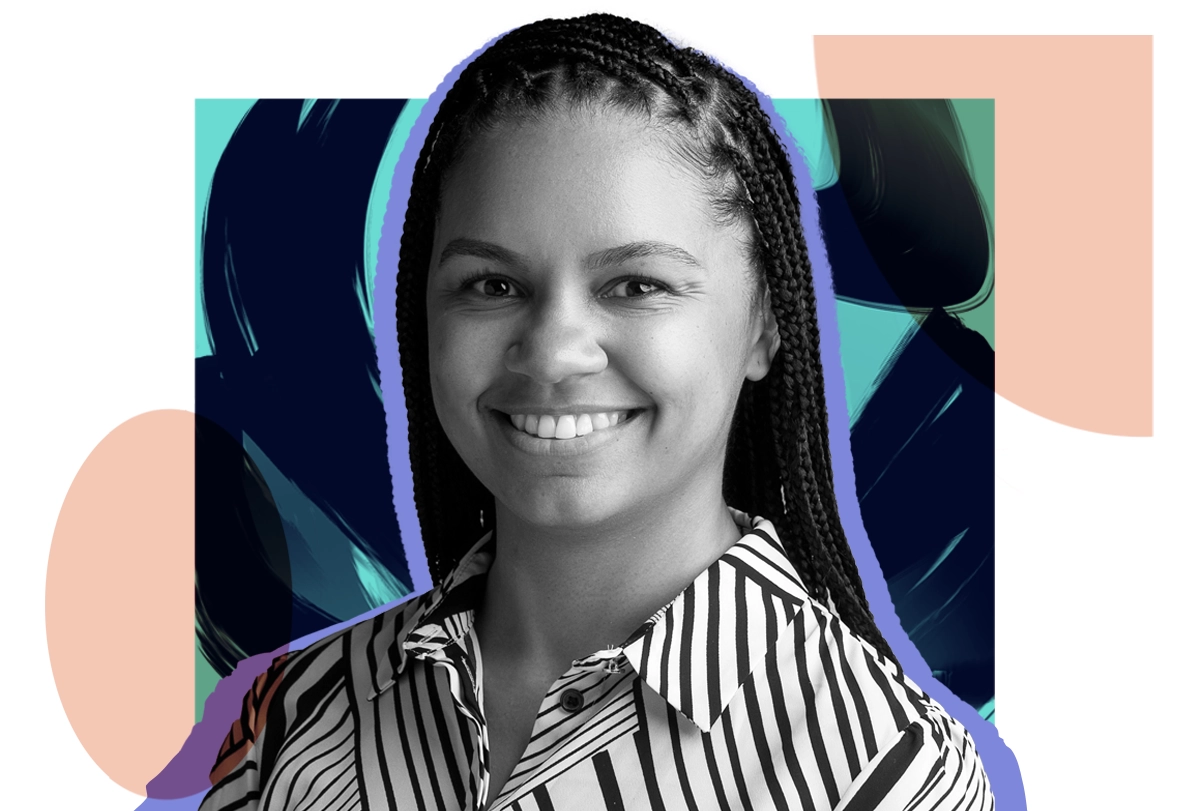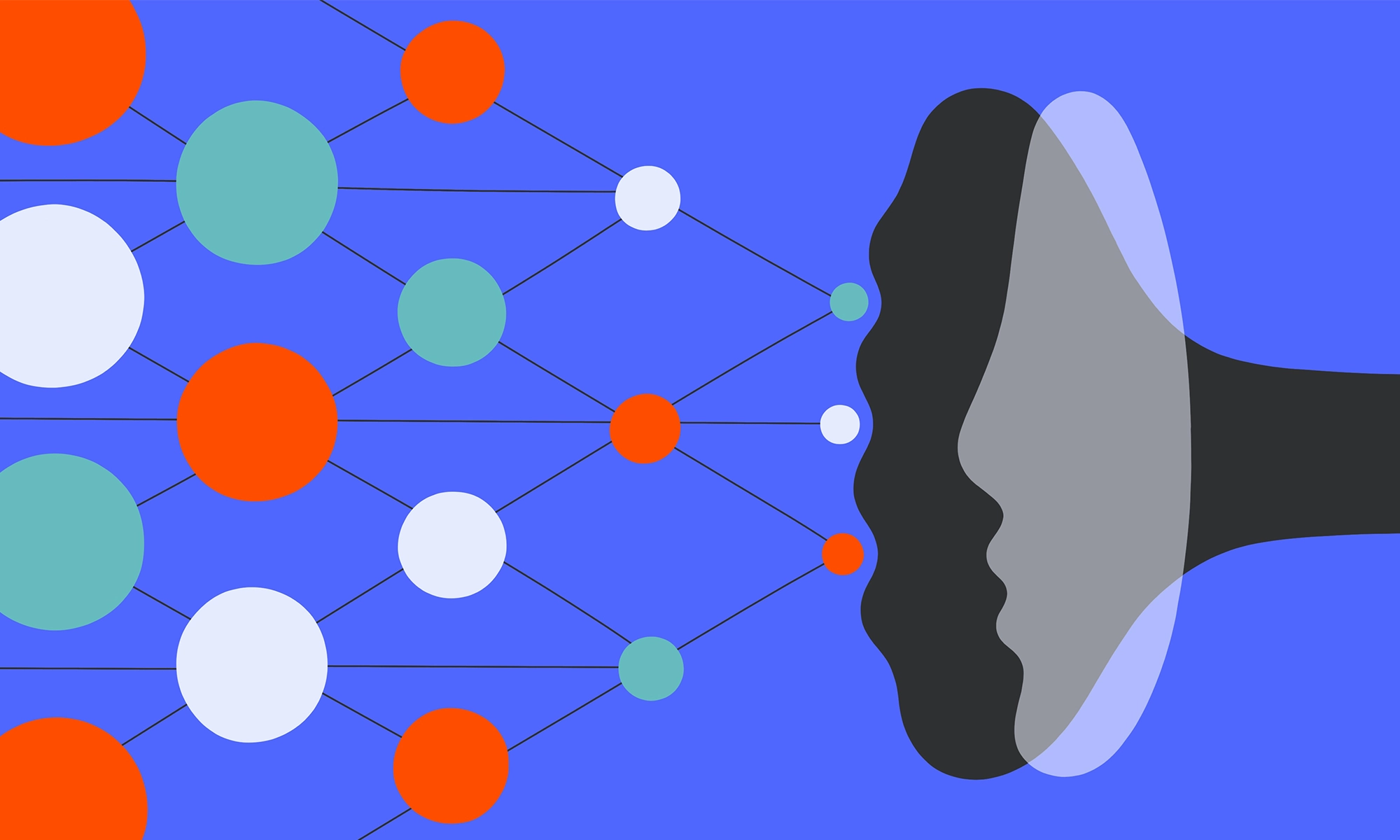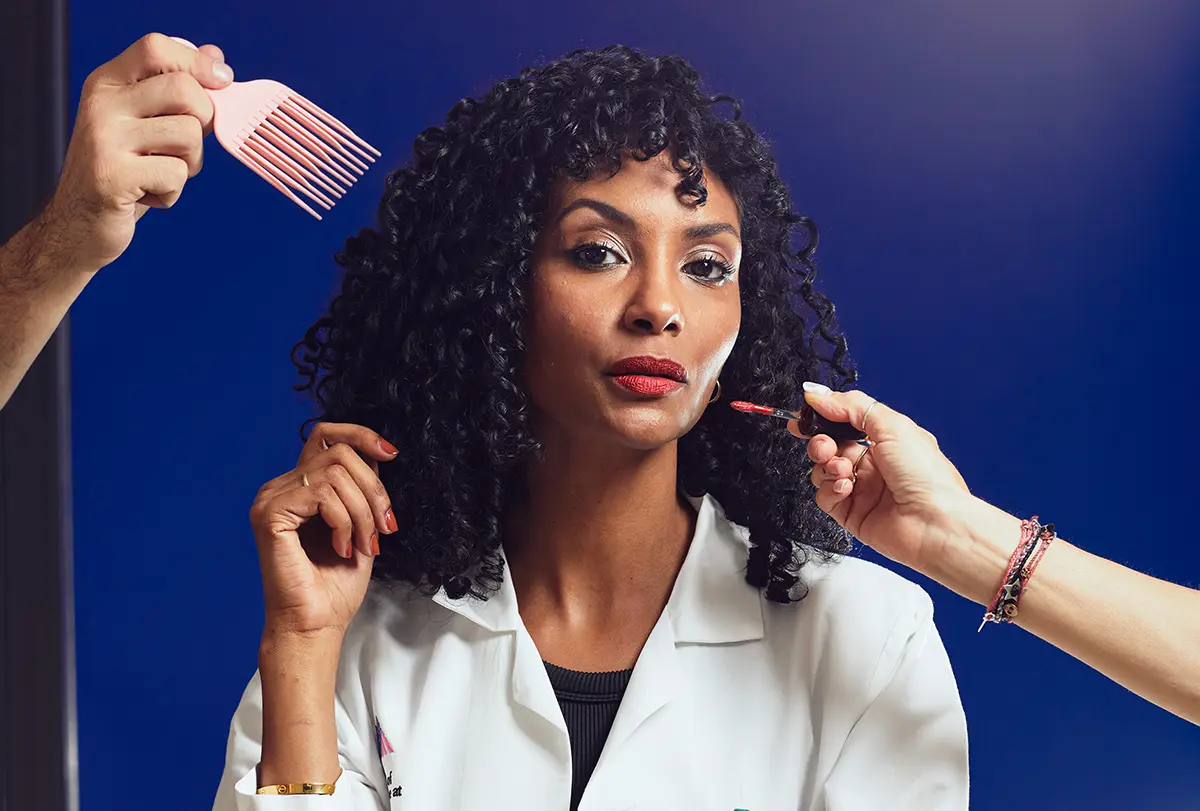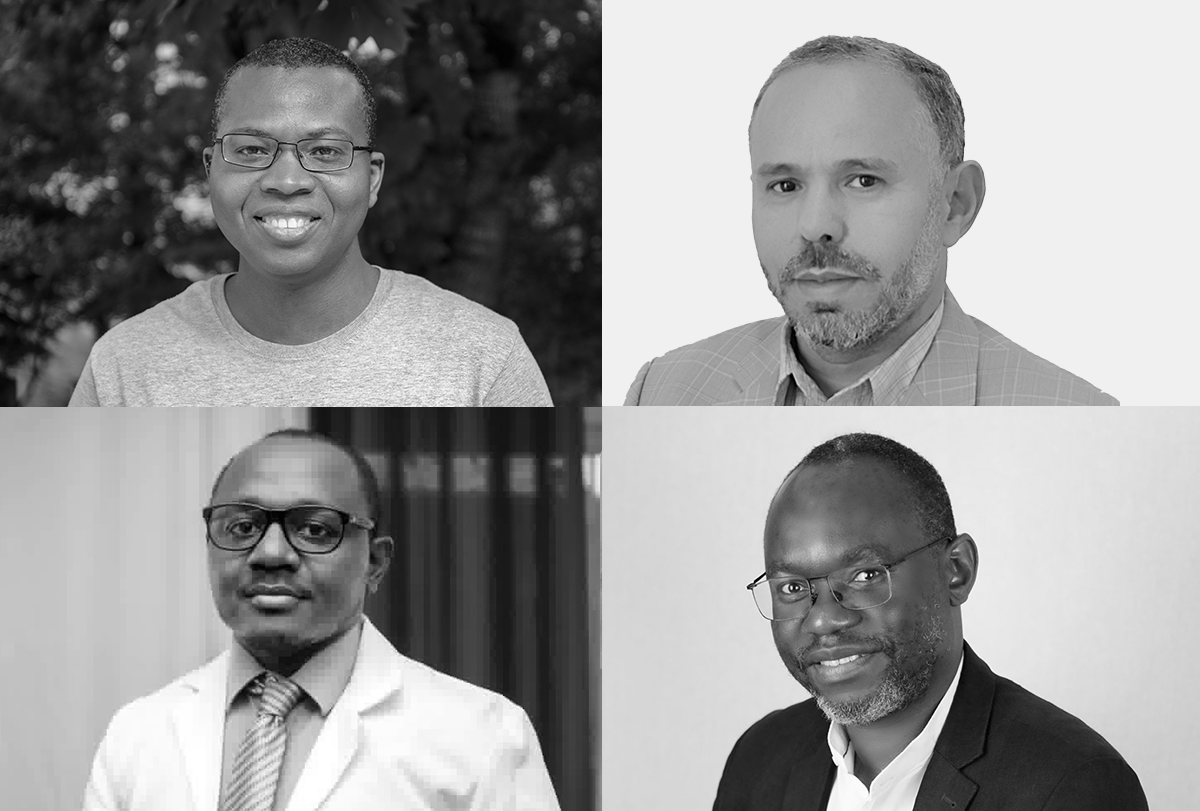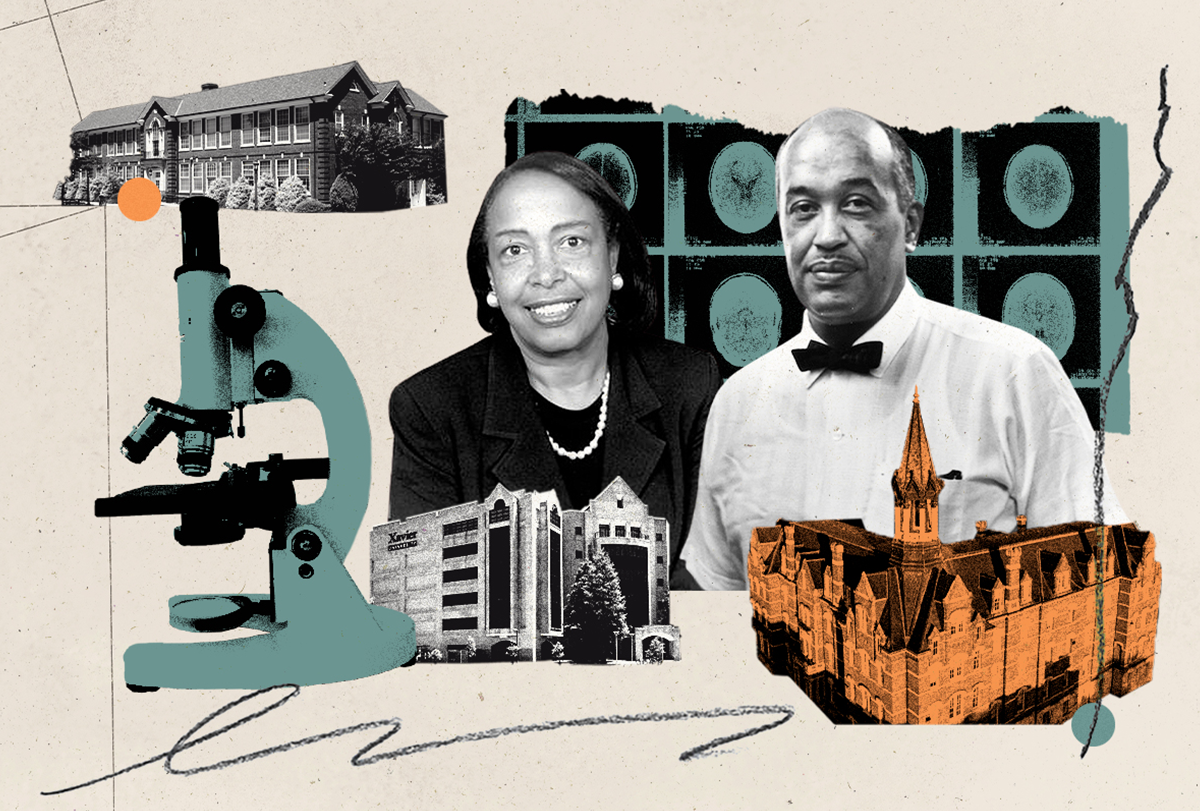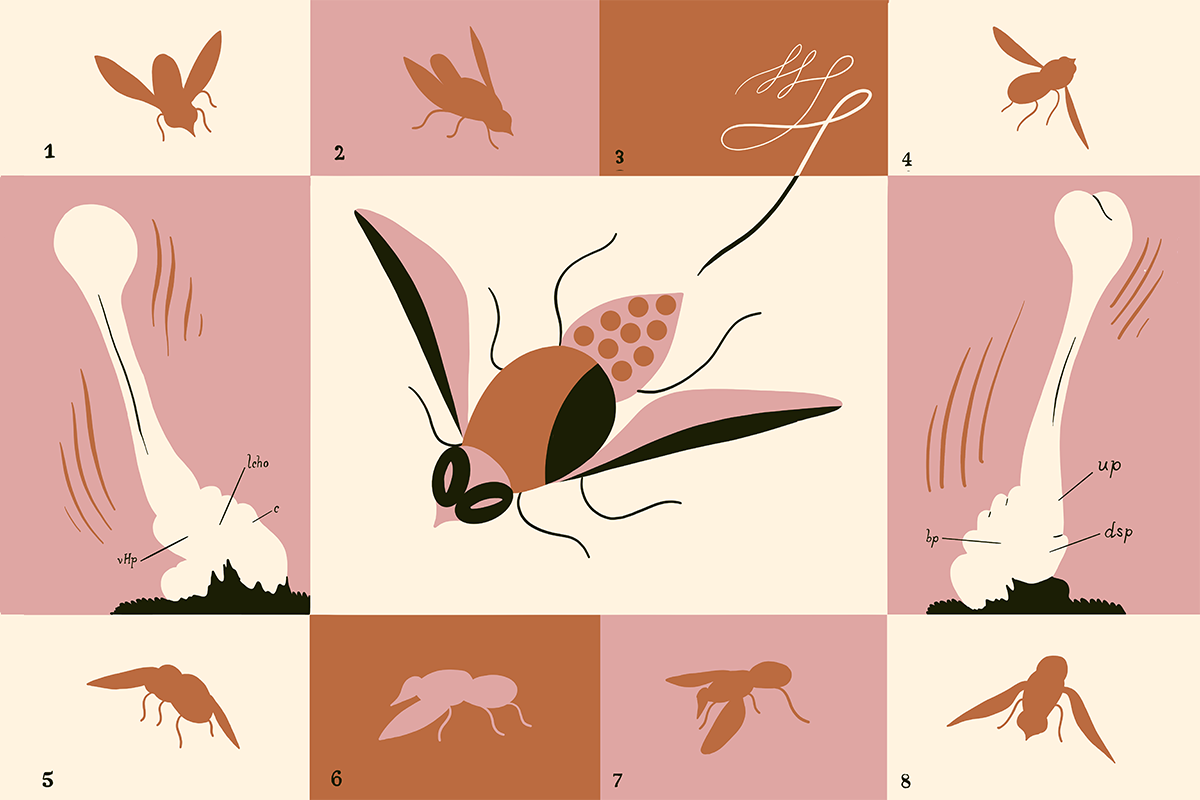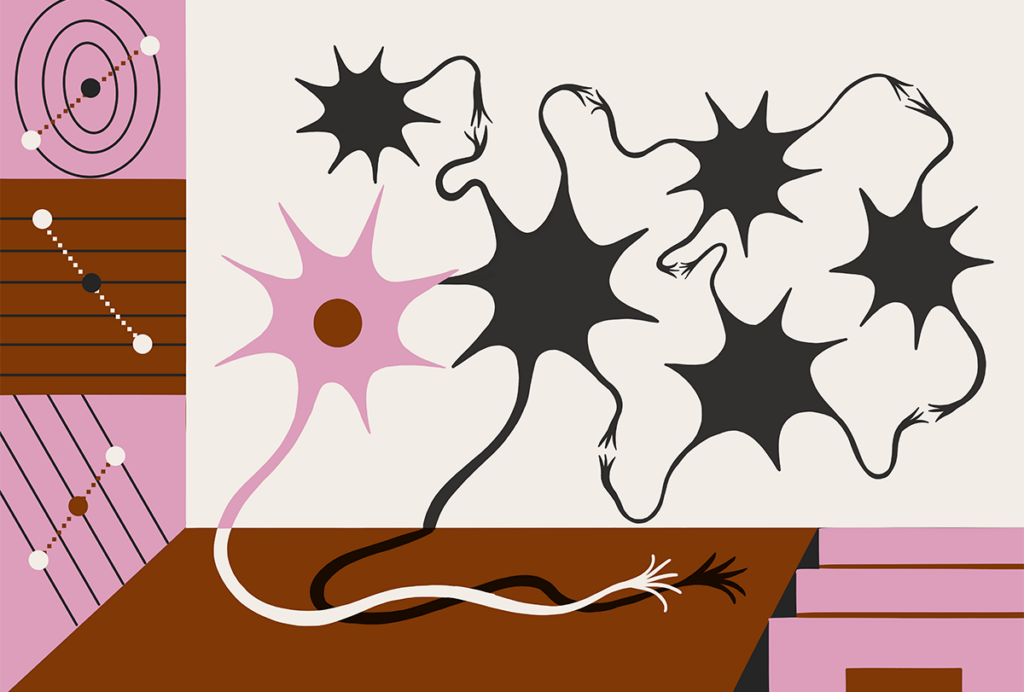Featured
How insights from network theory can boost interdisciplinary efforts

Frameshift: Raphe Bernier followed his heart out of academia, then made his way back again
Organoid study reveals shared brain pathways across autism-linked variants
Today’s action potentials
”I felt like I had to do everything—get the endowed chair, my own building, all the grants—before I could try something else. — RAPHE BERNIER, ASSOCIATE PROFESSOR OF PSYCHIATRY AND BEHAVIORAL SCIENCES AND EDUCATIONAL PSYCHOLOGY, UNIVERSITY OF WASHINGTON

Neuroscience needs single-synapse studies

This paper changed my life: Ishmail Abdus-Saboor on balancing the study of pain and pleasure

Organoid study reveals shared brain pathways across autism-linked variants

Sex bias in autism drops as age at diagnosis rises
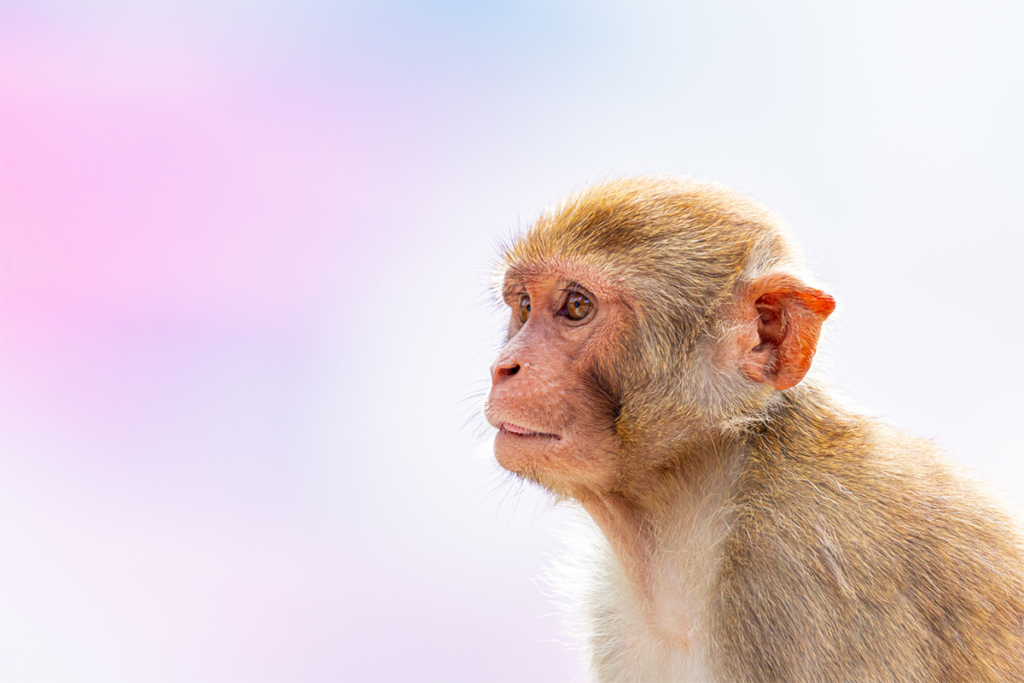
Oregon primate research center to negotiate with NIH on possible transition to sanctuary
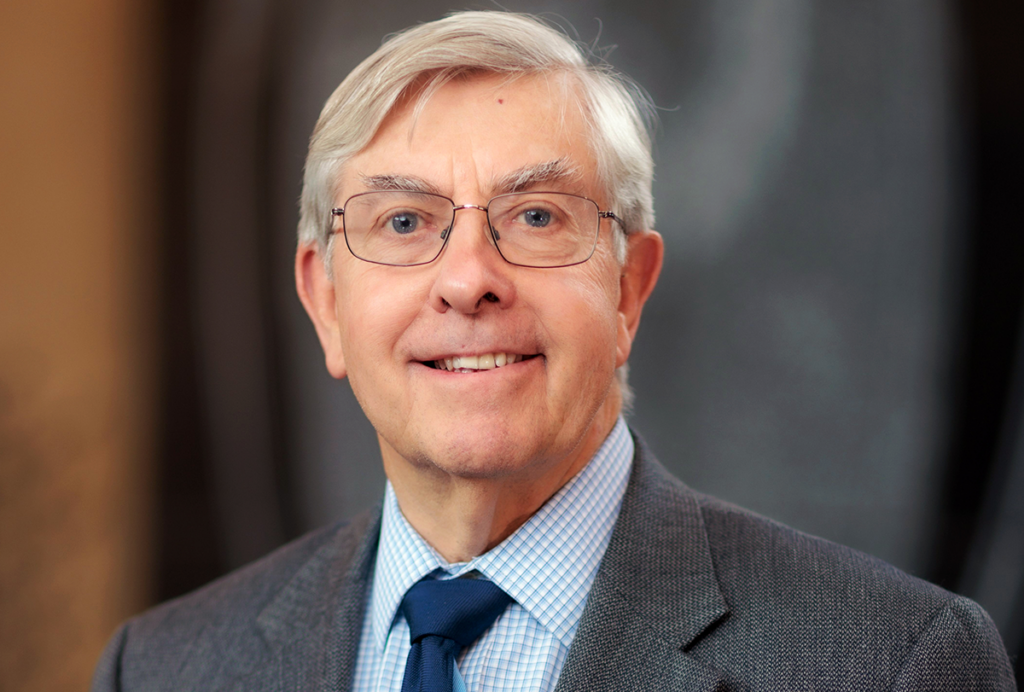
‘Peer review is our strength’: Q&A with Walter Koroshetz, former NINDS director
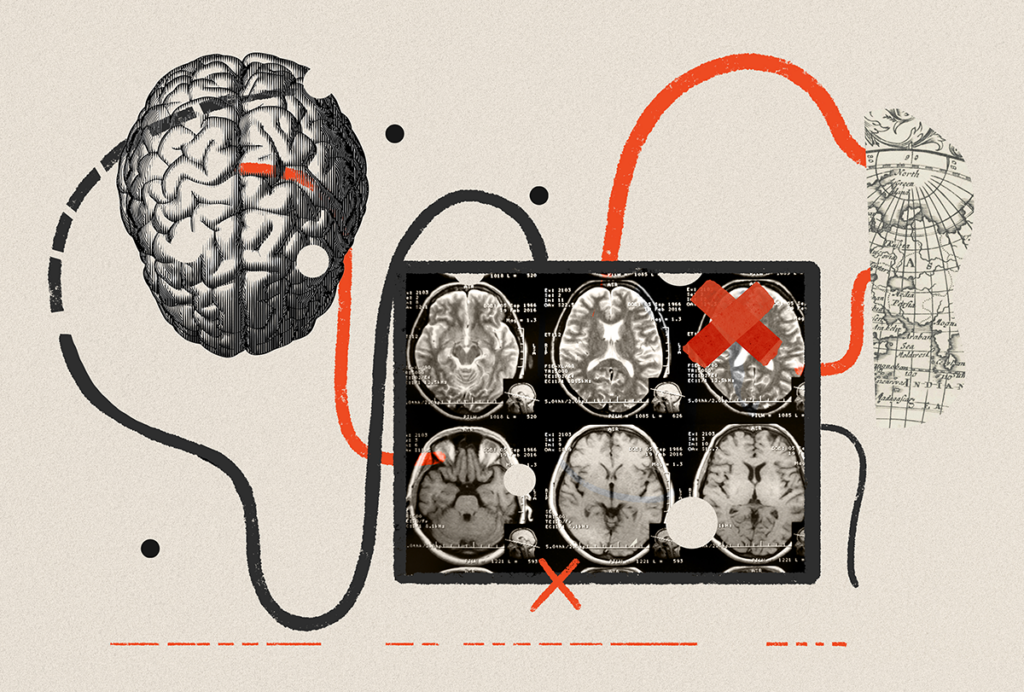
BRAIN Initiative researchers ‘dream big’ amid shifts in leadership, funding
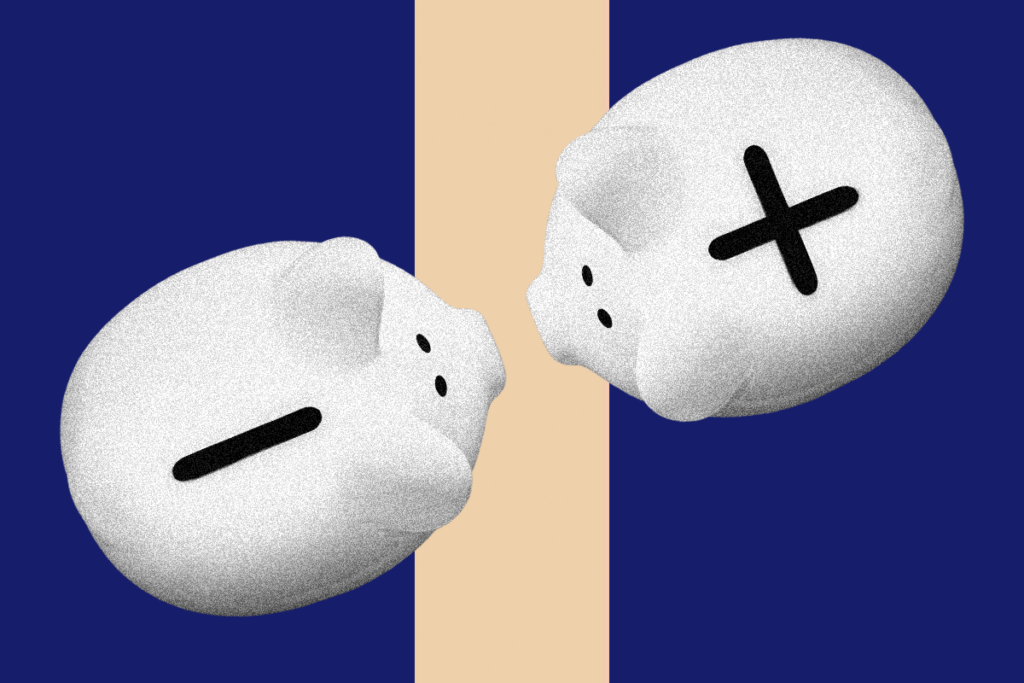
Neuroscience, BRAIN Initiative gain budget in ‘bad’ NIH funding bill
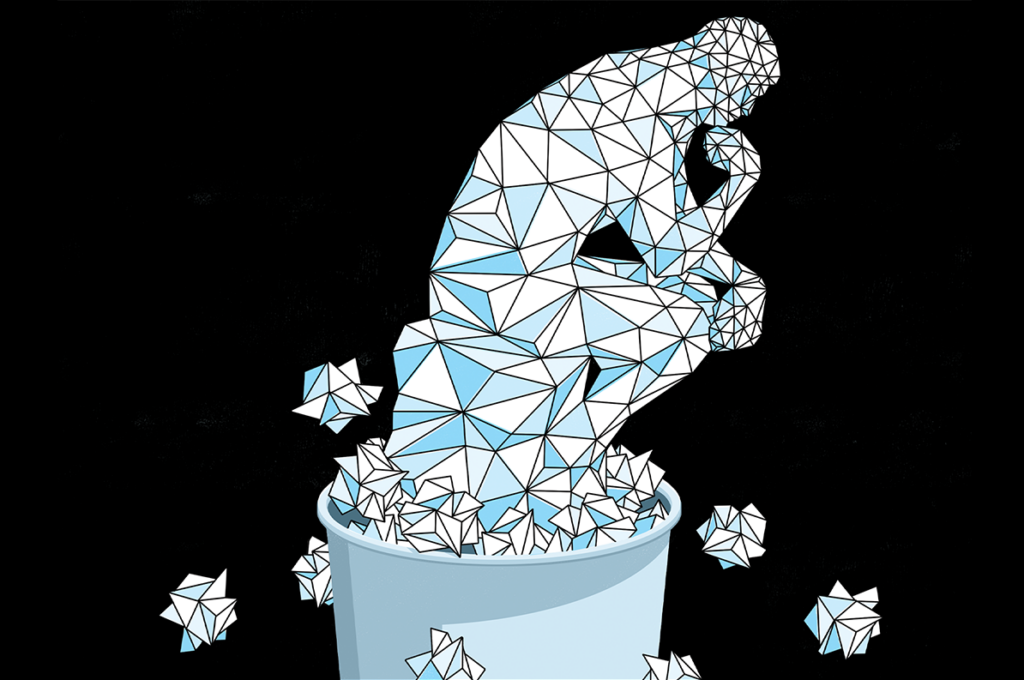
Betting blind on AI and the scientific mind
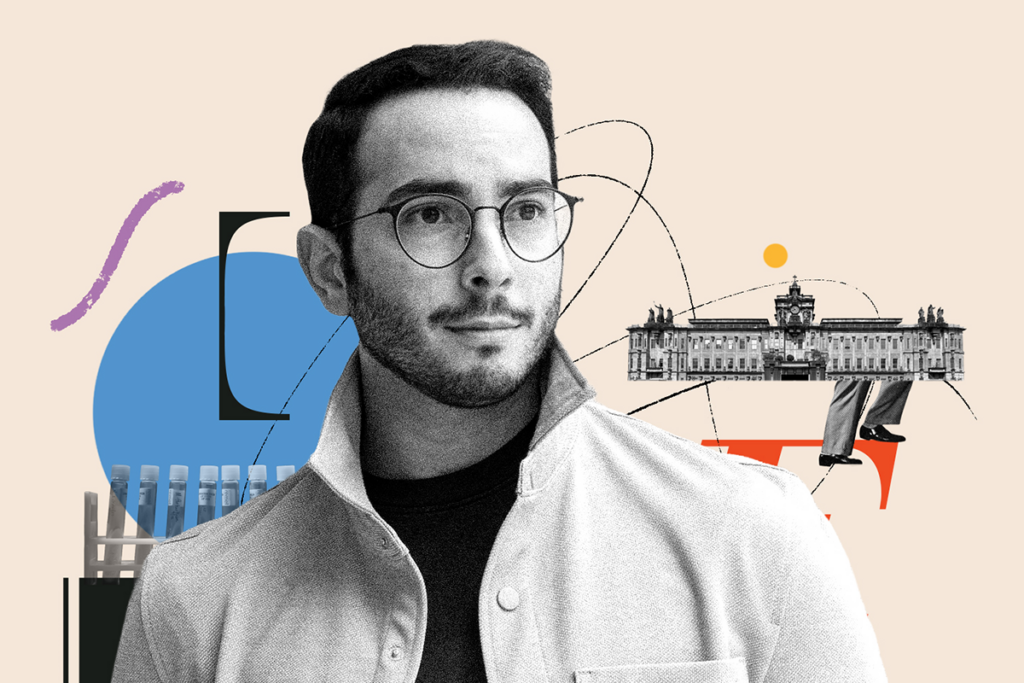
Frameshift: At a biotech firm, Ubadah Sabbagh embraces the expansive world outside academia
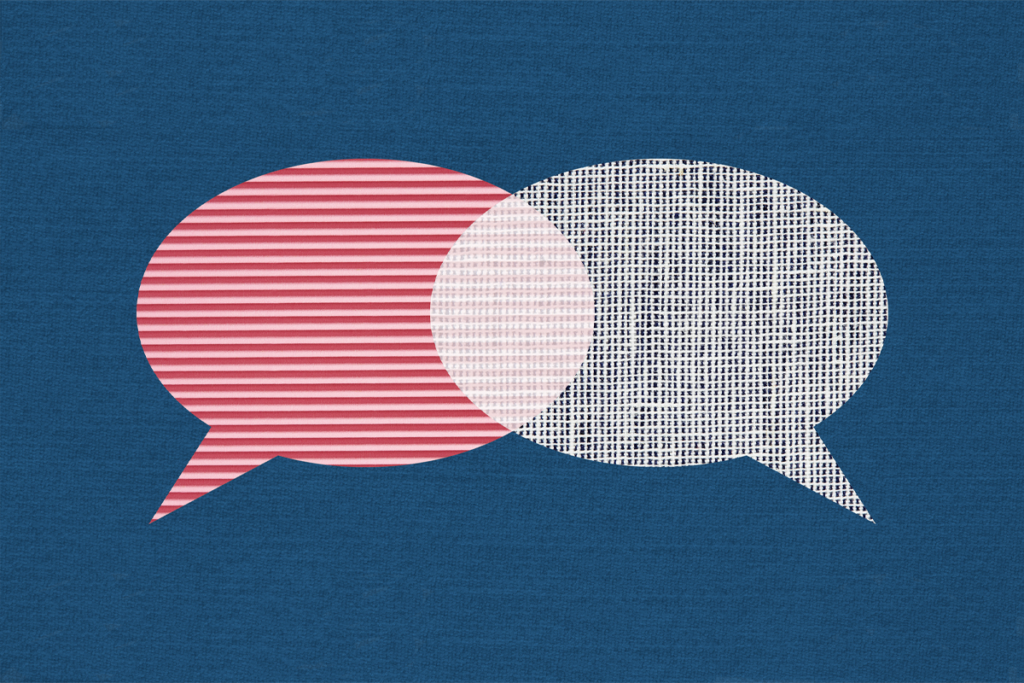
Talking shop: The Transmitter’s top quotes of 2025
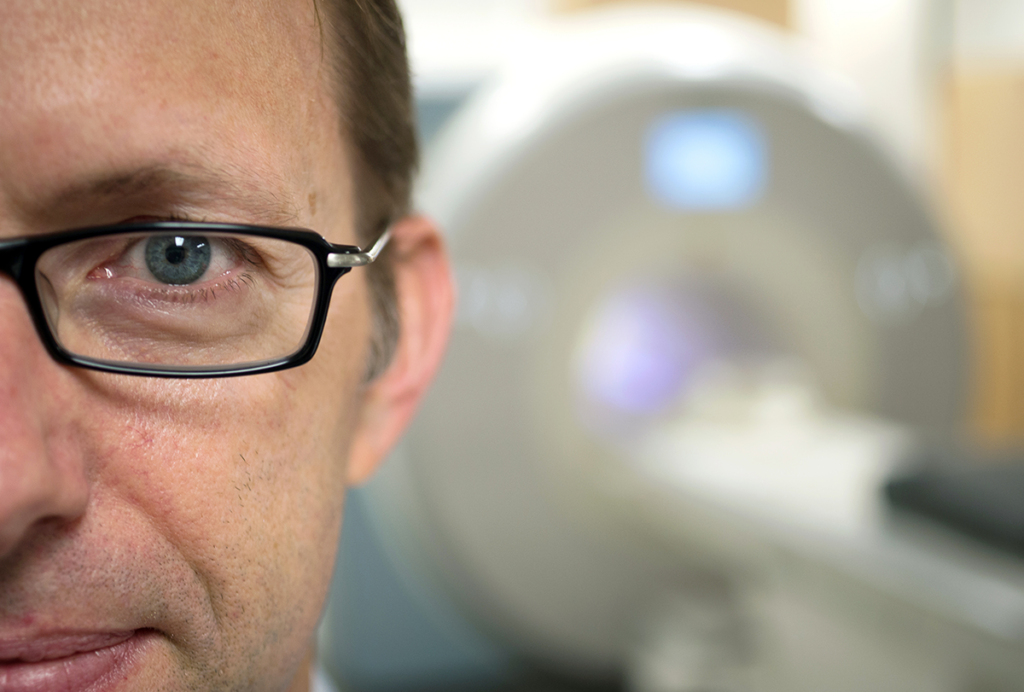
A brief history of precision self-scanning
When a researcher solved a logistical problem by going rogue, the idea proved remarkably infectious.
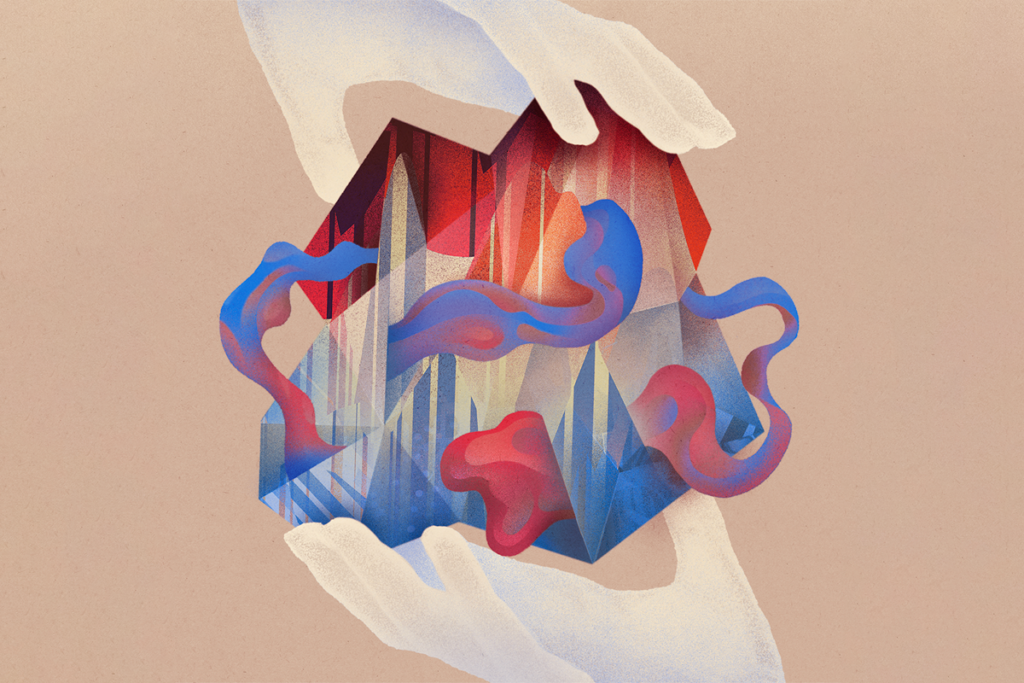
The state of neuroscience in 2025: An overview
The Transmitter presents a portrait of the field through four lenses: its focus, its output, its people and its funding.
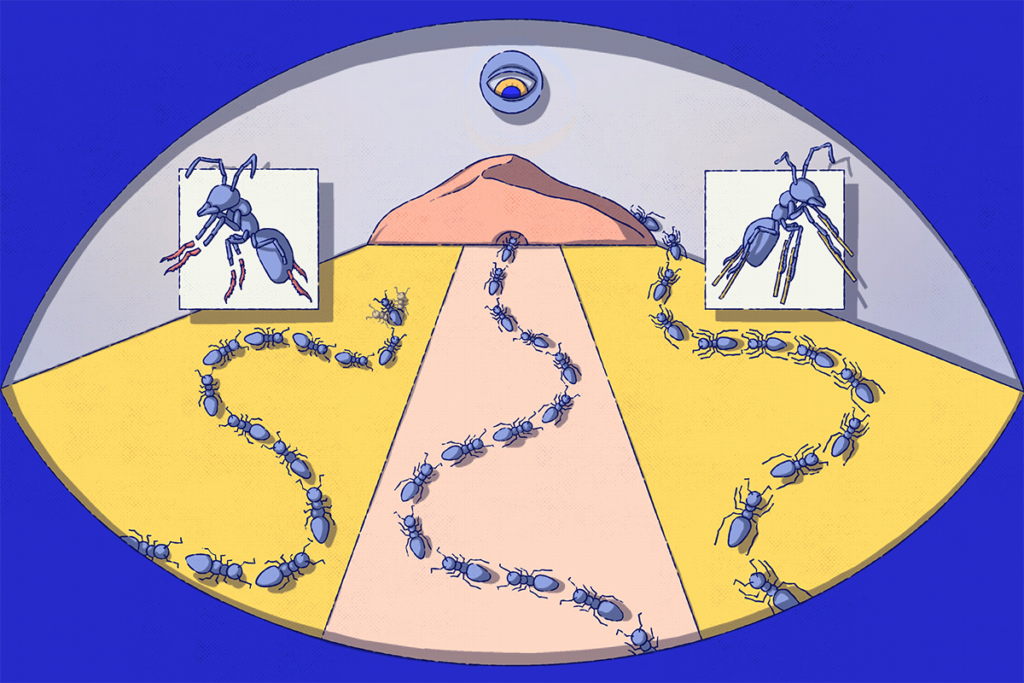
This paper changed my life: John Tuthill reflects on the subjectivity of selfhood
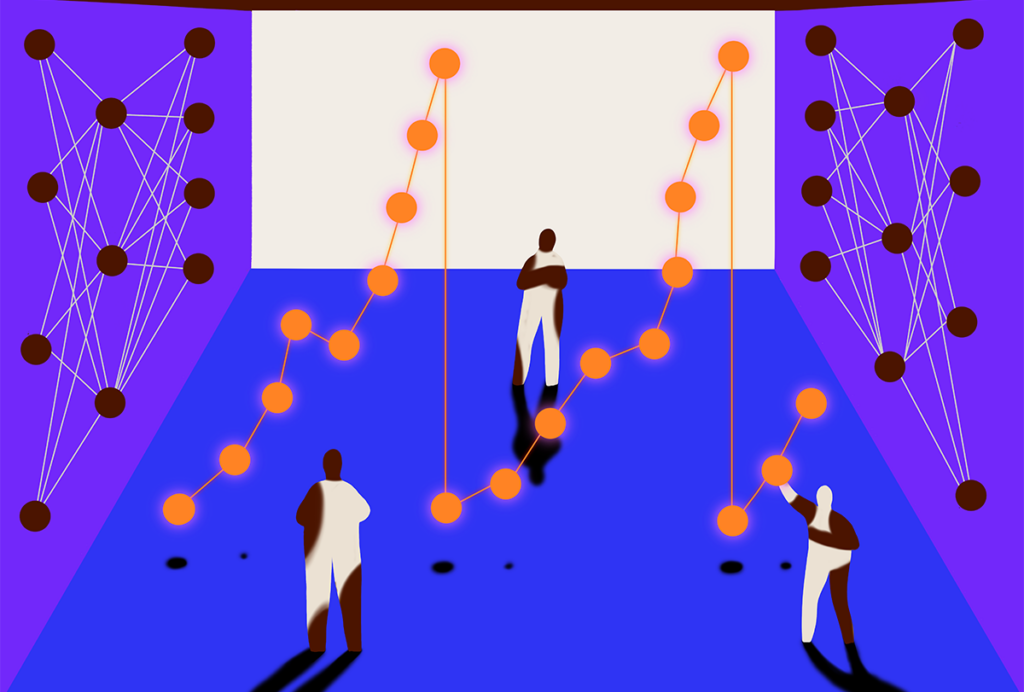
The best of ‘this paper changed my life’ in 2025

The Transmitter’s most-read neuroscience book excerpts of 2025

The Transmitter’s top news articles of 2025

Frameshift: Shari Wiseman reflects on her pivot from science to publishing

The Transmitter ’s Rising Stars of Neuroscience 2025
We recognize the outstanding achievements of 25 neuroscientists who stand to shape the field for years to come.
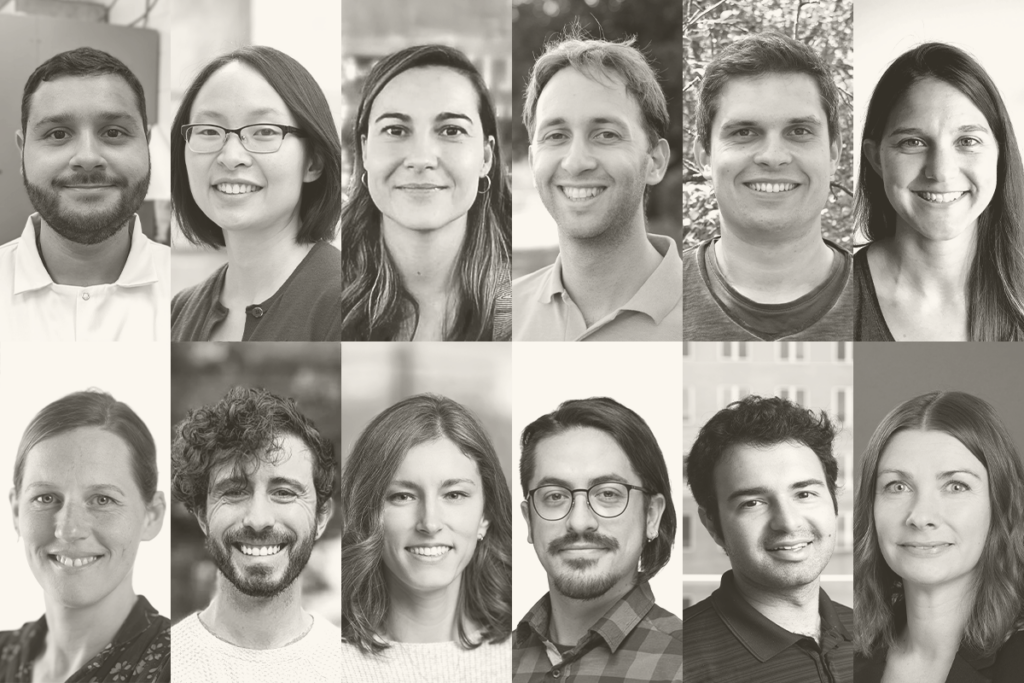
The Transmitter’s New Lab Directory
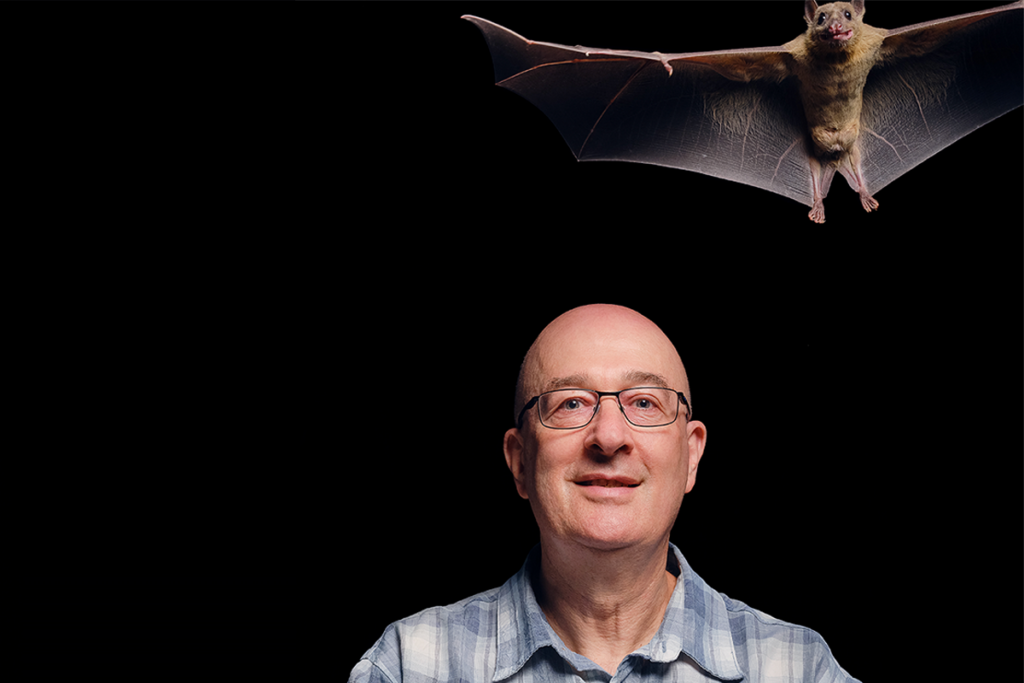
Diving in with Nachum Ulanovsky
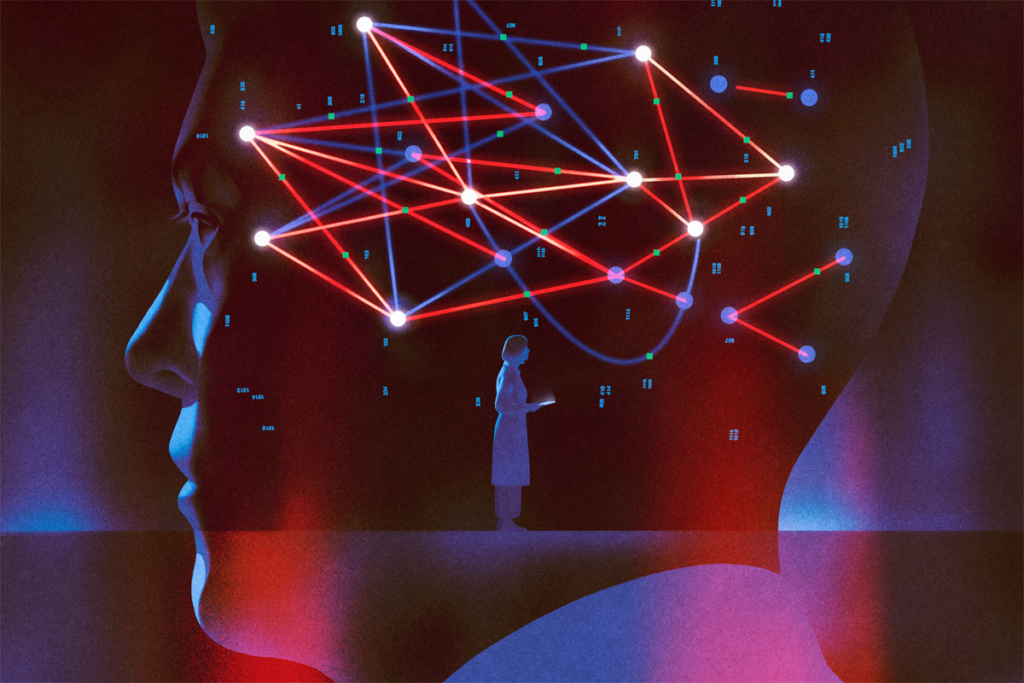
Computational psychiatry needs systems neuroscience
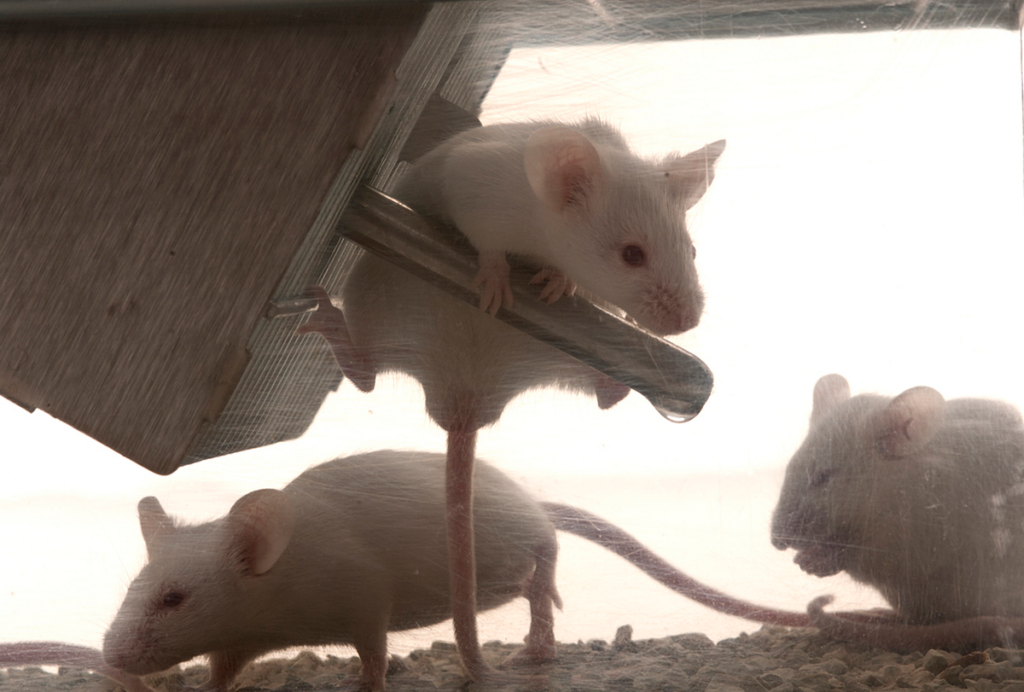
Cracking the neural code for emotional states
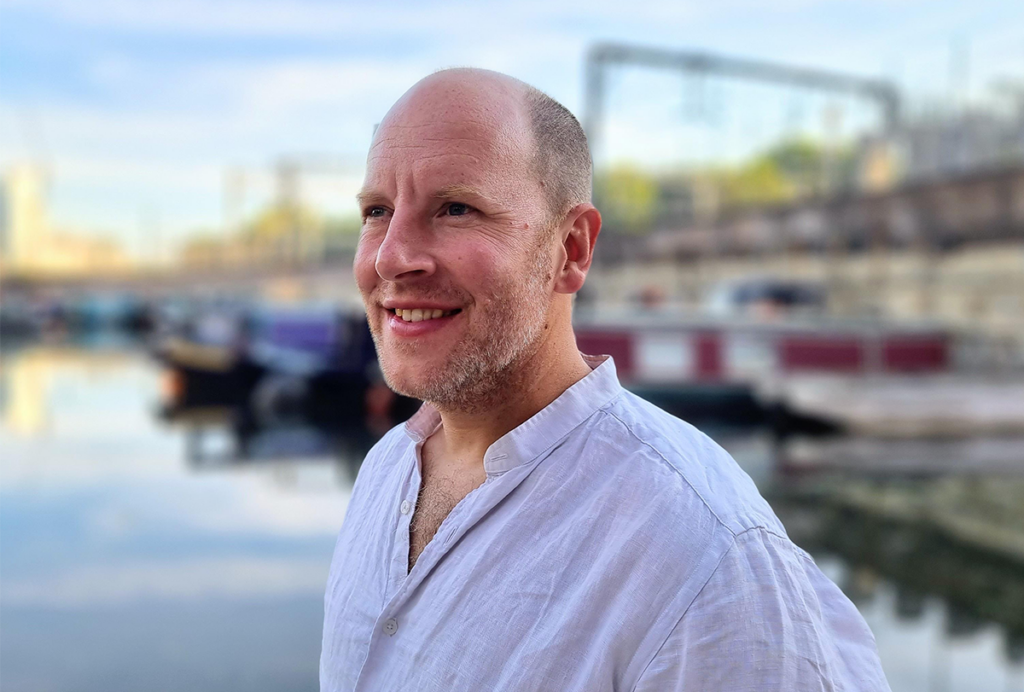
Remembering Adam Kampff, neuroscience educator and researcher
Psilocybin rewires specific mouse cortical networks in lasting ways
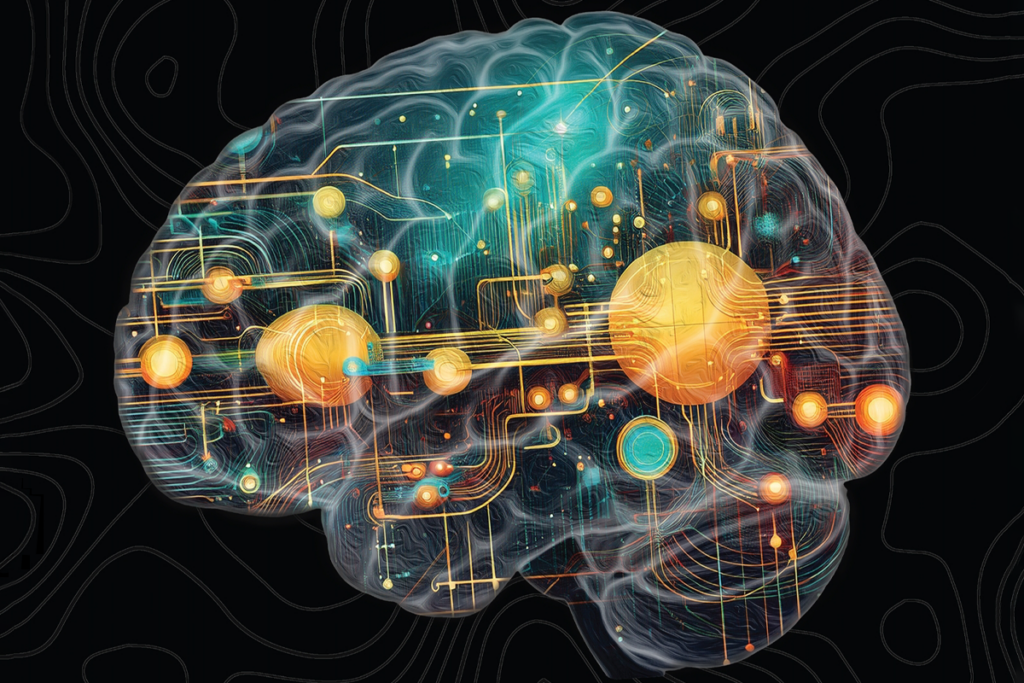
‘Wired for Words: The Neural Architecture of Language,’ an excerpt
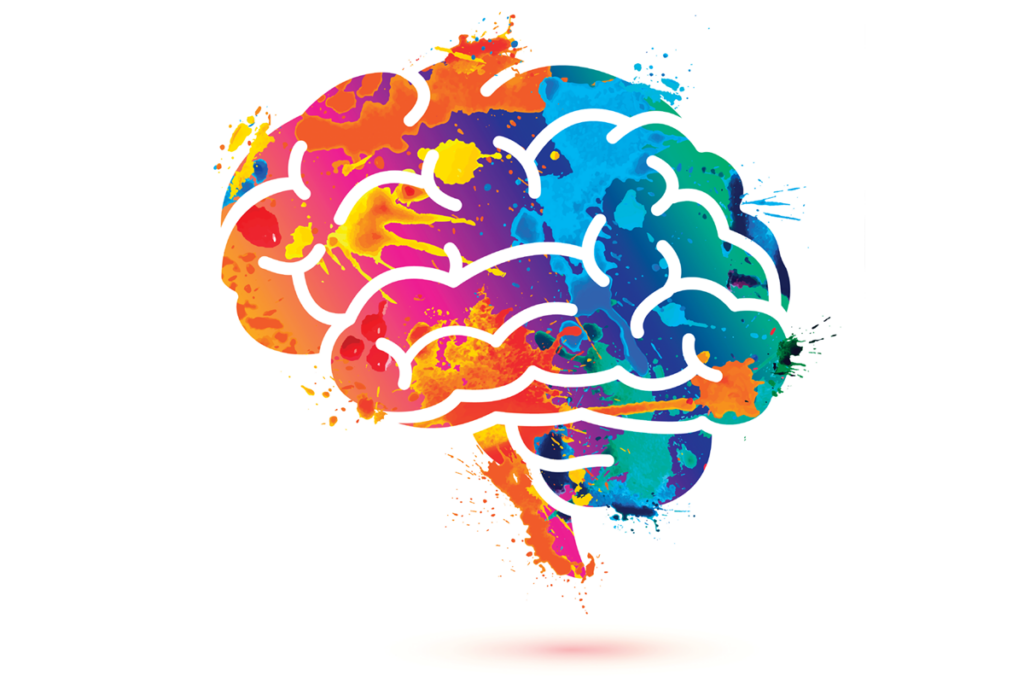
‘Neuroethics: The Implications of Mapping and Changing the Brain,’ an excerpt
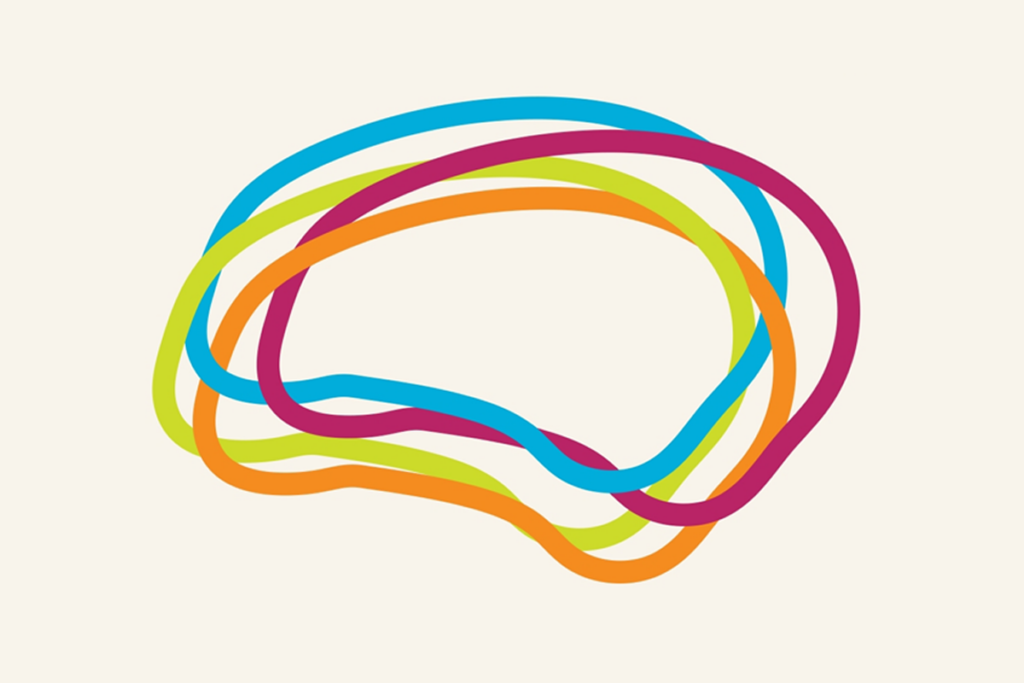
‘How to Change a Memory: One Neuroscientist’s Quest to Alter the Past,’ an excerpt

The visual system’s lingering mystery: Connecting neural activity and perception
Figuring out how the brain uses information from visual neurons may require new tools. I asked 10 neuroscientists what experimental and conceptual methods they think we’re missing.
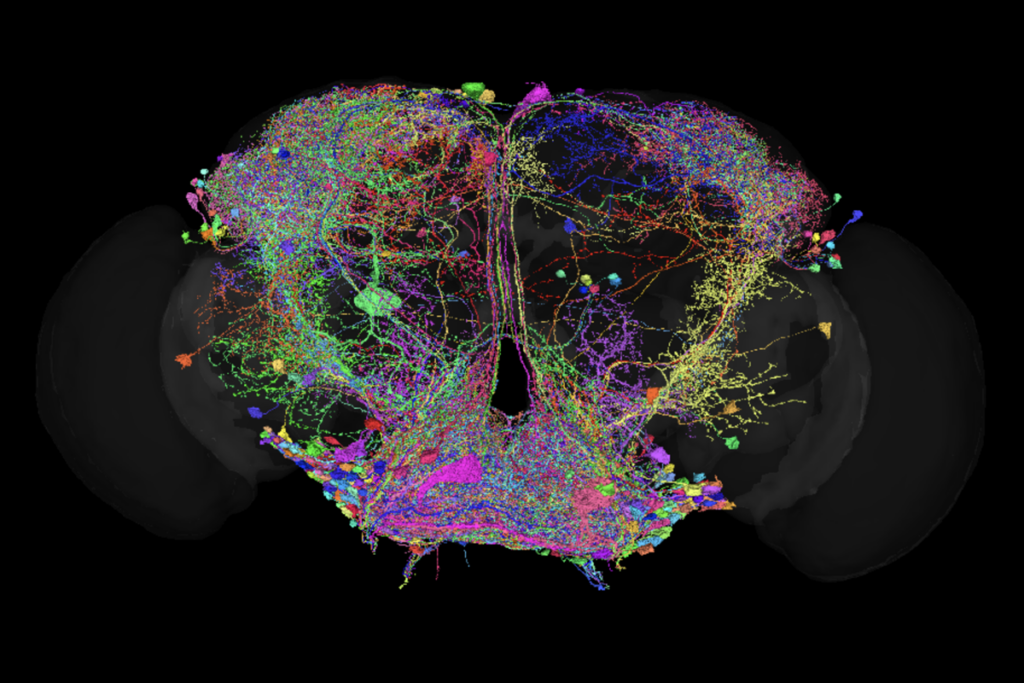
One year of FlyWire: How the resource is redefining Drosophila research
We asked nine neuroscientists how they are using FlyWire data in their labs, how the connectome has transformed the field and what new tools they would like to see in the future.
